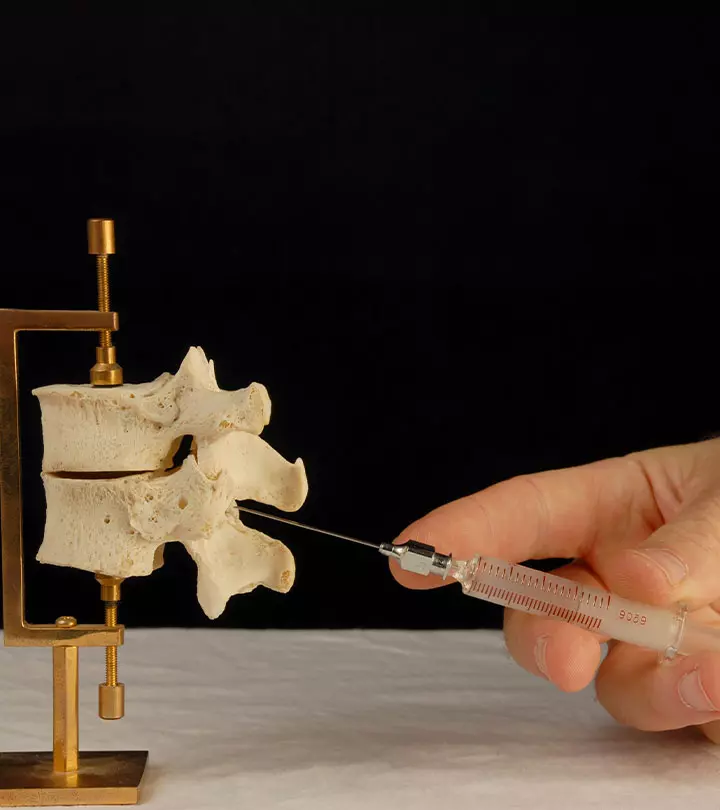

Image: iStock
When you are pregnant, there is always a curiosity of ‘Boy or Girl’. The strangers or friends who meet you also hint at what you are going to have. Some are old granny’s tales; some have their logic to figure it out. While gender prediction is illegal in a few countries such as India where you can’t ask your doctor to reveal the information, you can take some funny quips on what you are likely to have simply by your baby’s movements inside you!
Now, does that sound interesting! How on earth can one predict the gender of your baby simply by its movements? Well, we are just about to reveal it to you. But the accuracy from the scientific perspective is yet to be gathered. Should it have a scientific backing, we are sure there will be debates around it. Nevertheless, it might be quite an interesting read:
A baby that moves early
If your baby can’t wait to make movements, then it is a boy. Normally you should feel the movements of your baby when you are 20 weeks pregnant. But some mothers could feel the movements much earlier; that is around 16 weeks. If you are one of those moms feeling early movements, then you are likely to have a boy.
A baby that is very active
It is likely to be a girl. A female fetus is supposed to be stronger than the male fetus. It is supported by science as well. The XX chromosomes of the female fetus just make it more stable than the male fetus that carries XY chromosomes. Here is why the female baby moves much in the womb than its male counterpart. Also, it is normal to have three fetal movements within a span of 30 minutes. But if you feel many more movements than that, you are most likely to have a girl.
When the baby kicks
There is always a difference between a kick and a movement that your baby makes within your womb. Unlike baby boys who love kicking, as if they are already preparing themselves for a soccer match – your little girl would make more movements than kicking. That being said, baby movements are also determined by how the implantation takes place and the position of the placenta.
Reading through might have been fun and the next time you come across a pregnant woman, you might get started asking about the kicks and the movements she feels inside her. It might not be accurate, but you could give it a try for fun.
Community Experiences
Join the conversation and become a part of our nurturing community! Share your stories, experiences, and insights to connect with fellow parents.












